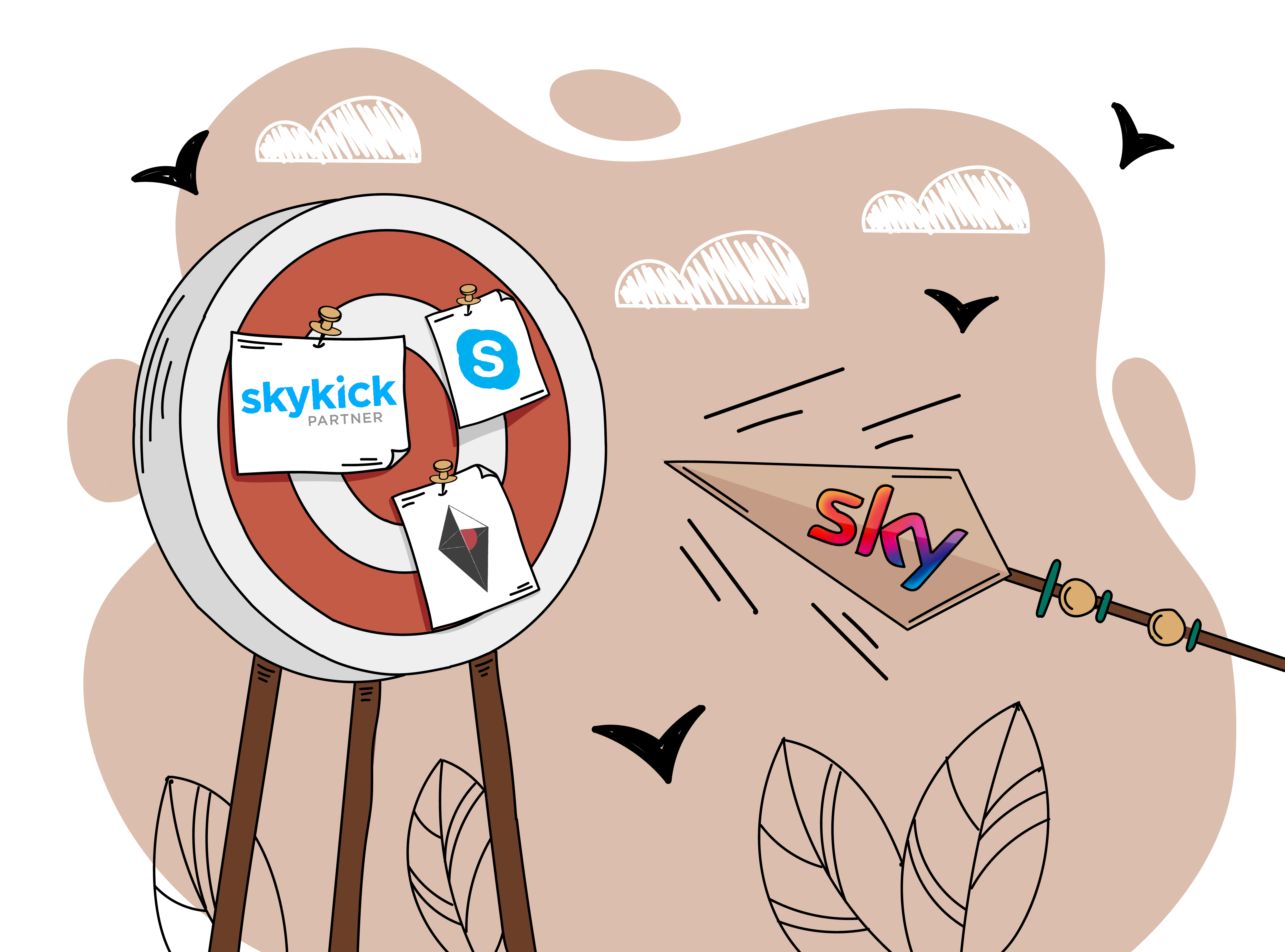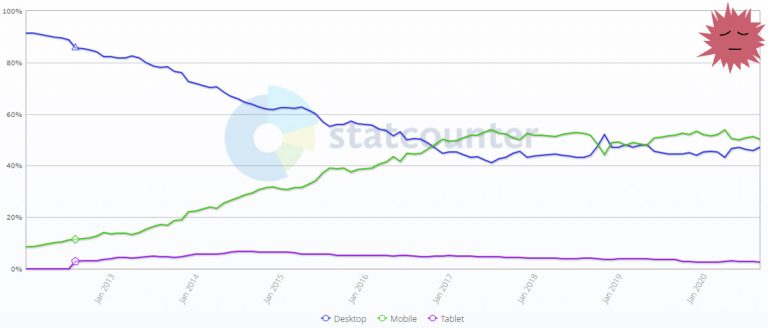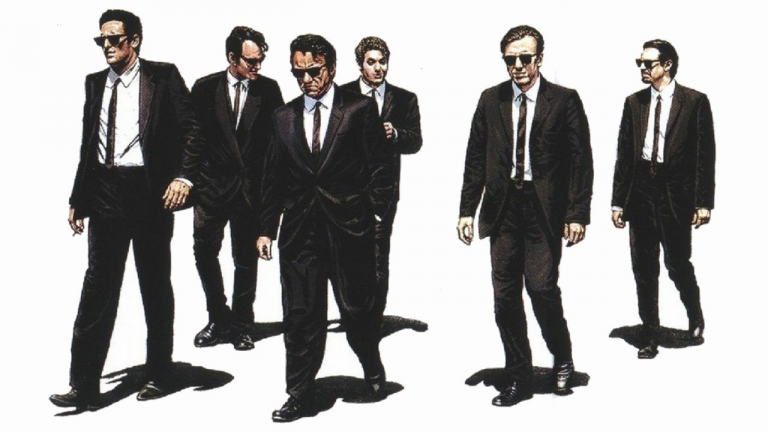Microsoft’s two failures or how to operate unbranded in the 21st century
Fail # 1. One of the largest companies in the world, Microsoft, has decided to register a trademark for its Skype service in Europe. Telecommunications broadcaster Sky, which already had a trademark in the European Union, decided that the name Skype was too similar to Sky and could be misleading to users.
In addition, the Skype logo featured a cloud image that created an even stronger association with the sky (sky). The British company went to a Luxembourg court to defend its rights and conducted a survey among Europeans, which showed that many people perceive the two brands as one and the same.
The court decision was not in favor of Microsoft, and then the American company also lost the appeal. Although Microsoft was unable to register TM Skype, the British company Sky allowed them to use this name for the service, but Skype is obliged to pay regular royalties for this.
Fail number 2… When Microsoft decided to European registration of its cloud storage service, then called SkyDrive, British media conglomerate Sky again went to court to protect its trademark over the word “sky” in the name.
The case went to the Supreme Court, which ruled in June 2013 that the SkyDrive name infringed on Sky’s trademark rights. To resolve this dispute, Microsoft was forced to rename its service to OneDrive, which happened in 2014.
Sky is considered a true “monopoly” of the word “sky”. They have won lawsuits against a number of companies, including the computer game developer Hello Games with their famous game No Man’s Sky, the American tech company Livescribe and their smart-pen Sky Pen, and the American cloud startup SkyKick.
A brand is not a luxury, but a necessity
A trademark or trademark (TM) is a visual mark applied to goods and services that distinguishes one product from another. When a buyer purchases / uses a product or service of a certain brand, this gives him confidence that he will receive exactly the quality that the manufacturer guarantees him.
The main purpose of a trademark is to identify the trade or commercial origin of goods or services. Thus, the brand reflects the prestige and reputation of a particular product.
The law does not require anyone to register their own trademark for doing business. If you comply with all legal regulations and pay taxes, then, technically, nothing else is needed for successful development.
However, if you have not registered your TM, you have no legal rights to your own name or brand… Moreover, you may not already own it. If you are using your business name, URL, company or brand name without officially registering a trademark, it is not secure.
In any case, if you do not have a registered trademark, another party that has a TM registration may have broader rights over your trade name or brand, and force you to remove your URL or even change your company name.
Small business and brand
Many small business owners may think that they are not sufficiently entrenched in the market to justify the cost of registering a trademark. These savings in money may now be more costly in the future. It will be frustrating if you fall into the category of a business that spends tons of time and money on their brand only to find that another person is already using the same or a similar name for their business or product.
There are various reasons why you, as a small business owner, are at greater risk of not registering your trademark than a larger business. The smaller you are, the more protection you need.
The bottom line is that larger companies usually have the financial and legal means to fully defend themselves under trademark law, meaning they are in a better position to defend their cause.
Even if you have already started your activity, it is not too late to register your TM:
- Registration of a trademark gives its owner the legal right to use it
- Having a registered TM gives you much more opportunities to protect your rights
- By owning the rights to a TM, you can prevent confusion between similar products.
- Owning a registered trademark is the best way to guarantee complete control over your intellectual property.
The Nice Agreement, adopted by the UN, divided all kinds of goods and services into classes – thematic categories. The International Classification of Goods and Services (ICGS) includes 45 classes: from 1 to 34 goods, then – services.
Ukraine joined the agreement on June 1, 2000, and from the beginning of 2020, the 11th edition of this classification came into force.
TM registration: EUIPO, WIPO and national registration
There are 3 ways to register a TM: national, international and regional. Among other things, these methods differ on a territorial basis, that is, in the number of specific territories – countries where your trademark will be protected. The trademark is valid only in the country or countries in which it was registered.
one. National registration takes place by direct appeal to the patent office of a particular country, and the regulation and features of this process depend on its legislation. Usually, such a procedure is more complicated than the other two methods, but if the selected country is not a member of the Madrid Agreement and is not a member of regional unions, there is no other option.
2. International registration takes place under the Madrid procedure and is carried out with the help of the World Intellectual Property Organization or WIPO. The Madrid System is a convenient mechanism for managing and registering TMs around the world.
124 countries have already joined the Madrid Agreement and now, after submitting a single application and paying a specific set of fees to WIPO, you can register your TM in all countries of the Agreement at the same time or select the required territories. In the same way, you can manage your TM, make changes to them, expand coverage, extend the validity period.
If a match with your trademark is found in any of the countries, registration in this territory will be refused, but the registration procedure in other countries will continue.
3. Regional registration is carried out within the territories of several countries:
- European Union Trademark
- Benelux Trademark
- African Intellectual Property Organization (OAPI Trademark)
- African Regional Association for Intellectual Property (ARIPO Trademark).
To register a TM in the European Union, you can use the services of WIPO or submit an application to the Intellectual Property Office of the European Union, or EUIPO.
The main nuances of registering a trademark in the European Union:
- If you are refused by one EU country, then you will receive a refusal to register your trademark throughout the European Union
- If a new country joins the EU, then your trademark receives automatic registration in it without any action on your part.
- If a country leaves the EU, then the legal protection of your TM on its territory is terminated
- Trademark protection is carried out for 10 years with the possibility of an unlimited number of renewals for 10 years at a time
- After the registration procedure, you have 5 years to start using your TM in any of the EU countries. Otherwise, registration may be canceled.
- You may be denied registration of a TM if there is already a registered trademark that is confusingly similar to yours. There is a preliminary search service for matches within the European Union as a whole or for each country.
“The sooner the better”, not “it’s never too late”
How to work without a brand in the 21st century? Calm down, if you have a modest business in the region, you do not set grandiose plans and do not invest in advertising. But if you have a little more ambitious plans, registering a trademark is an important and necessary business that will help you save money and nerves in the future. There is no need to repeat the mistakes of Skype, in the 21st century the trademark plays a significant role in the development of any business, including small ones. There is no point in wasting time and money on “promotion” of a brand that can be owned by someone else.





